When this spring’s BC Tourism and Hospitality Conference came to a close in Prince George, regenerative tourism was the phrase on everyone’s minds. Conscious Travel founder Anna Pollock led the final plenary session, where she encouraged attendees to redefine how they think about growth, success and tourism’s role in our communities.
“This is a movement from being an extractive economy where we take and make, sell stuff and throw it out, to becoming a regenerative society where we’re working with nature to generate value, not generate waste,” she says.
If sustainability focuses on helping attractions last longer, regenerative tourism takes an active role in improving them for future generations. It’s something Kevin Bradshaw has been working towards for the last seven years with Hello Adventure Nature Tours, a kayaking and hiking tour provider in Ucluelet, BC.
“Kayaking inherently has a pretty good focus on ‘leave no trace’ and guides are always trained to incorporate environmentalism ethics into trips,” says Bradshaw, who has been guiding for 20 years. From its inception, Hello Nature has worked to do more than just ‘leave no trace,’ building stronger connections with the environment and the community through education, local partnerships and environmental stewardship. This year they’re adding one more initiative that perfectly illustrates Pollock’s concept of regenerative tourism: kayak day trips that include micro beach cleans.
Guides and visitors will paddle into the Broken Group Islands, pick a beach and work together to collect marine debris. Then they’ll sort items into recyclables and trash and carry everything out to the Ocean Legacy Marine Debris Depot for processing.
“We’re lucky to live in an area with a culture of environmentalism, so there are a lot of beach clean-ups throughout the year led by amazing local organizations. The Broken Group Islands are a little harder to get to, so that’s where we can help,” says Bradshaw, who will work closely with Surfrider Pacific Rim to ensure debris is properly recycled. “It takes a lot of organizations and partnerships to make it happen.”
“We may not collect a lot in a single day, but the cool part is with 130 trips over the season it starts to add up. It’s not just something you can do once and be done — after every storm there’s more debris.”
READ MORE: Visitors urged to love Sea-to-Sky region, but @dontloveittodeath
The benefits of regenerative tourism
Regenerative tourism isn’t just about leaving a site better than you found it. It’s a different way of measuring success, beyond Gross Domestic Product, in an effort to avert climate catastrophe. It requires local solutions shaped by nature and the needs of the local community.
“When we think local, we can have a human, personal relationship with a place. It becomes tangible, it becomes emotional, and that’s why you care,” Pollock says. “We have to change our story, and drop the idea that you have to compete to get ahead. When we change that story we can change our relationship with nature, with each other and with ourselves.”
The Hello Nature micro beach cleans aren’t just chipping away at the ocean debris on local beaches. They’re connecting visitors to local and global issues, connecting tourism operators and environmental organizations, and taking care to honour Nuu-chah-nulth, Tseshaht, Tla-o-qui-aht and other cultural knowledge.
“When I developed my business plan seven years ago it centred on non-growth. The community is the primary focus for our company,” Bradshaw says. “Hello Nature is not just a tour company — we’re an education company whose mission is to help protect our home and environment by providing knowledgeable and respectful tours that honour the land we live on.”
READ MORE: Iconic Ucluelet building transformed into kayak museum
Bradshaw committed to this business model partly for his own heart, but it’s offered other successes too. He’s already hearing positive feedback from potential guests interested in the beach cleanup tours, and hopes to offer corporate retreats (he can provide businesses with data sheets on the carbon credits of their trip). He also says it’s a major draw for staff, at a time when other kayak companies are struggling to find enough guides.
“I’d say about 90 per cent of the guides who apply mention that they appreciate our values,” he says, and Pollock’s research shows similar trends.
“Two-thirds of employees surveyed across the UK and US say that the efforts of their company to tackle environmental and social challenges are not going far enough, and nearly half of them would consider resigning if the company values don’t start to align with their own,” Pollock says, referencing a survey of 4,000 workers, conducted by Paul Polman.
Through Bradshaw’s work with the local tourism board and the path forged by his own business, he hopes to inspire other businesses to pursue sustainability and regeneration. Groups like 4VI’s GreenStep Solutions, Synergy Enterprises and BC Green Business conduct audits and help businesses develop positive relationships with the land, Indigenous groups and other members of the community.
“We seem to be getting high ratings on our process already, but it’s not just about checking a box. These programs help us make sure we’re hitting every area, from water usage and energy consumption to reconciliation.”
Bradshaw is sometimes asked why he’s making the effort to follow a regenerative tourism model, and information about employee retention and attracting new customers is certainly convincing for some. But there’s another ‘why’ that’s a lot simpler.
“I can’t offer the experiences I offer if this environment isn’t healthy. We have to give back; it’s part of our business.”
Plan your adventures throughout the West Coast at westcoasttraveller.com and follow us on Facebook and Instagram @thewestcoasttraveller. And for the top West Coast Travel stories of the week delivered right to your inbox, sign up for our weekly Armchair Traveller newsletter!

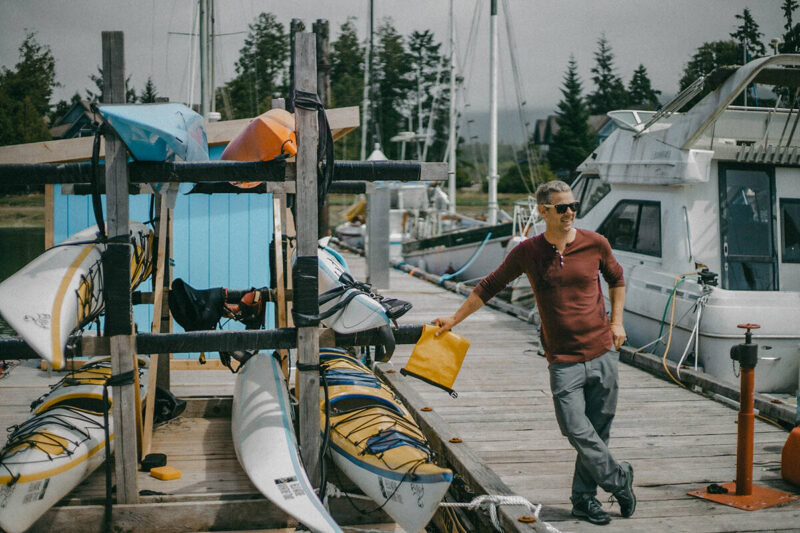
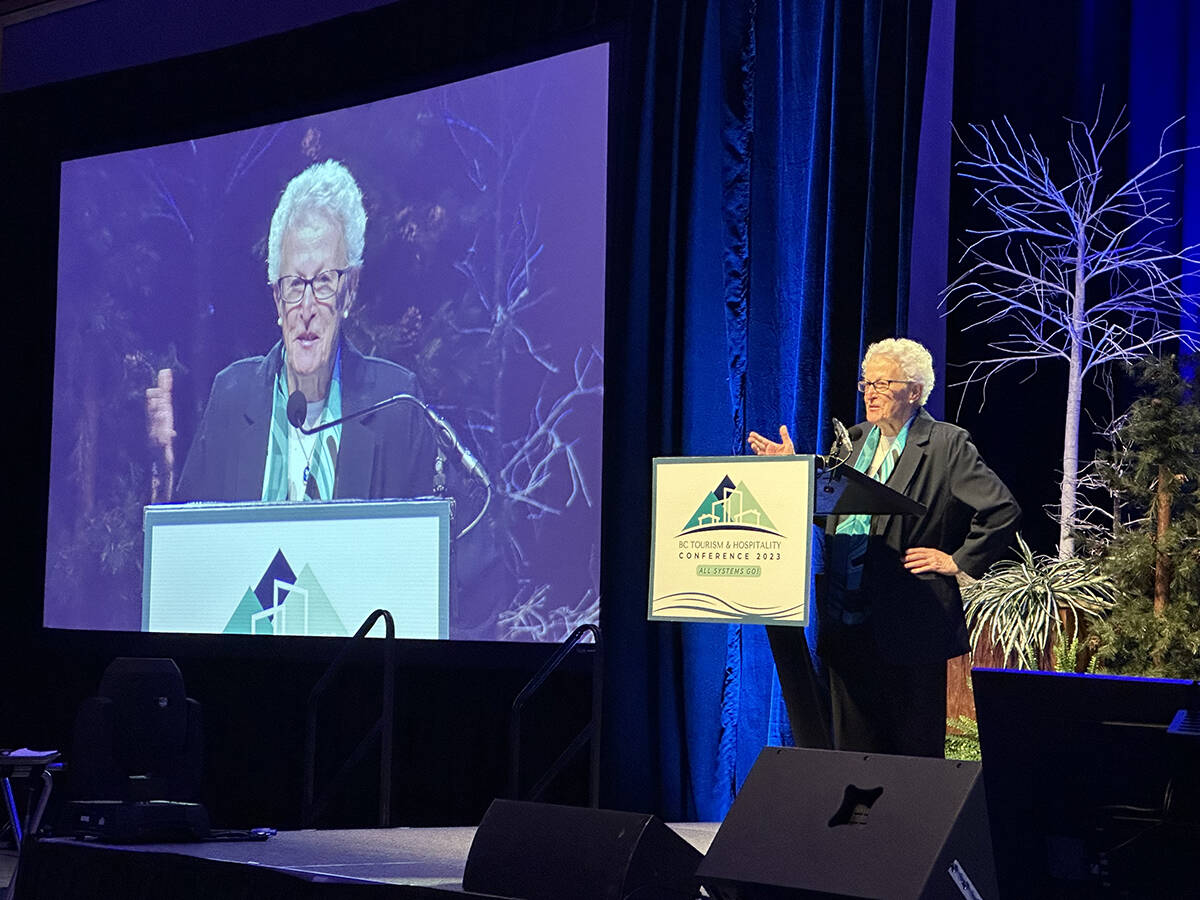
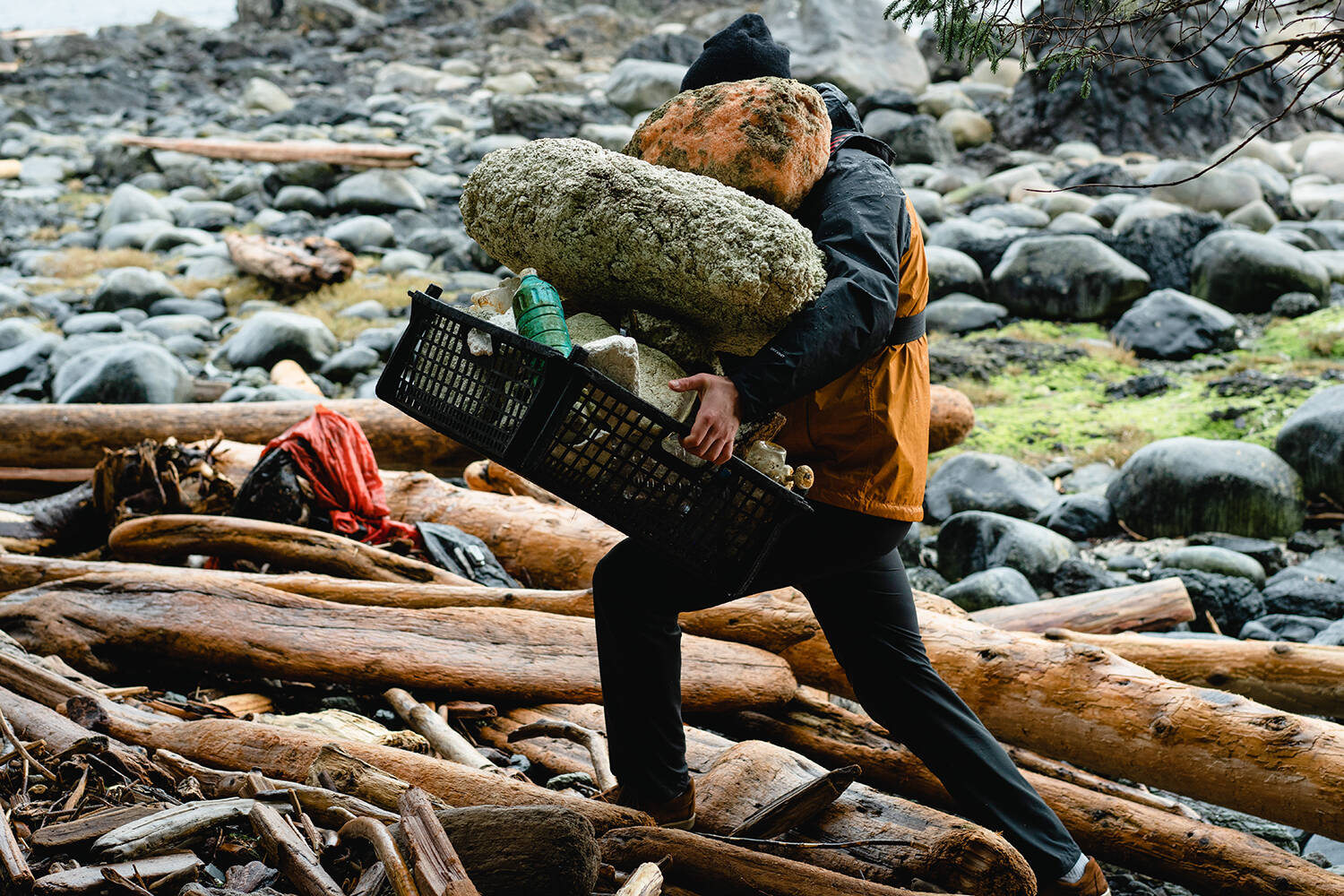

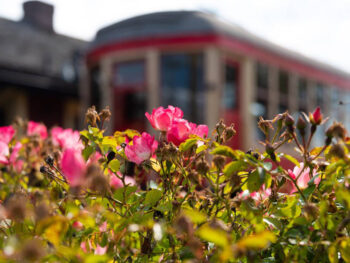

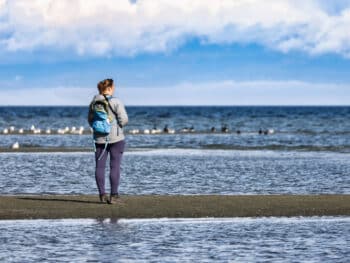
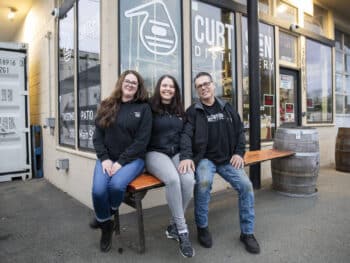

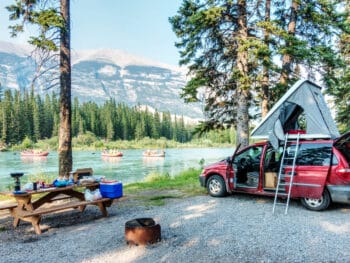

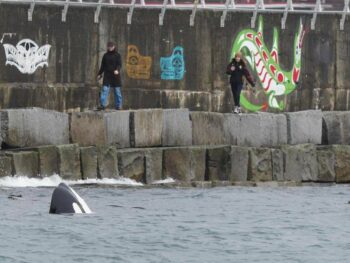
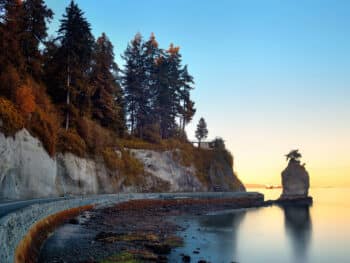
 Parks Canada says reservation system appears to be meeting ‘high demand’ for camping
Parks Canada says reservation system appears to be meeting ‘high demand’ for camping